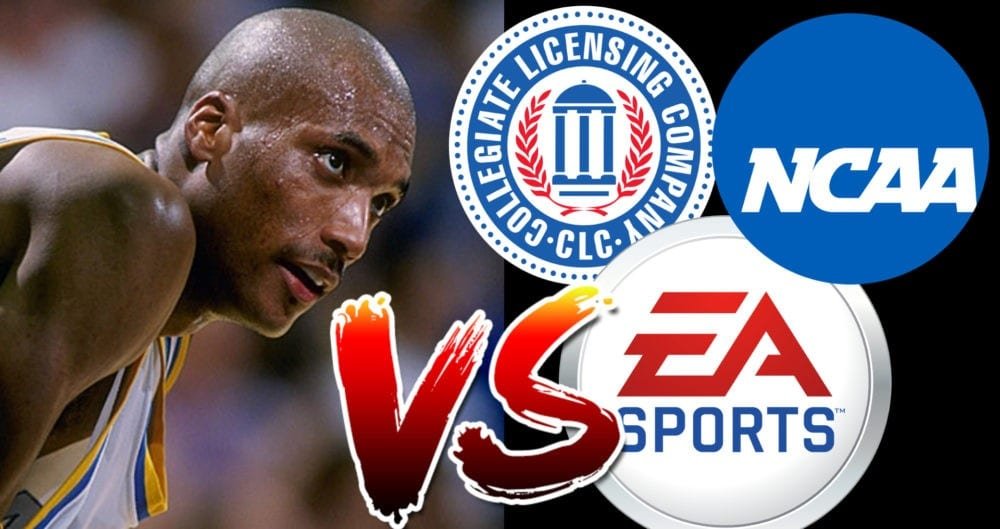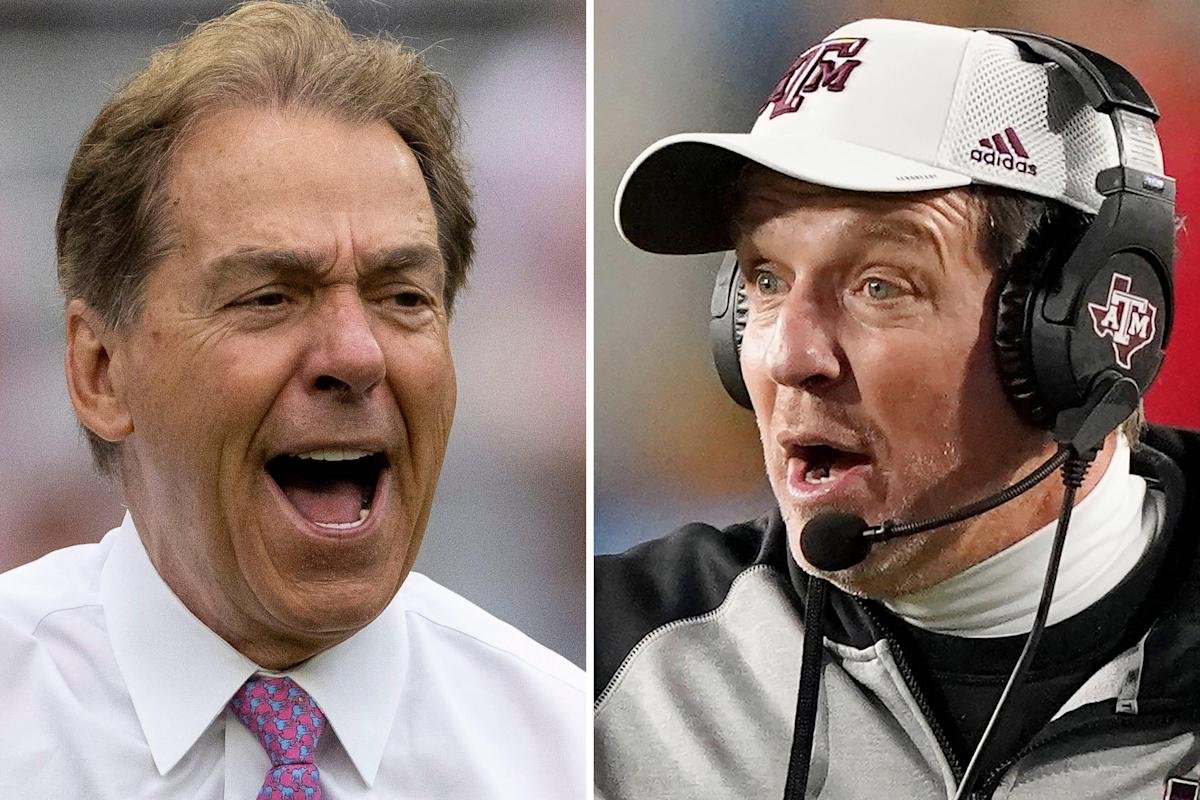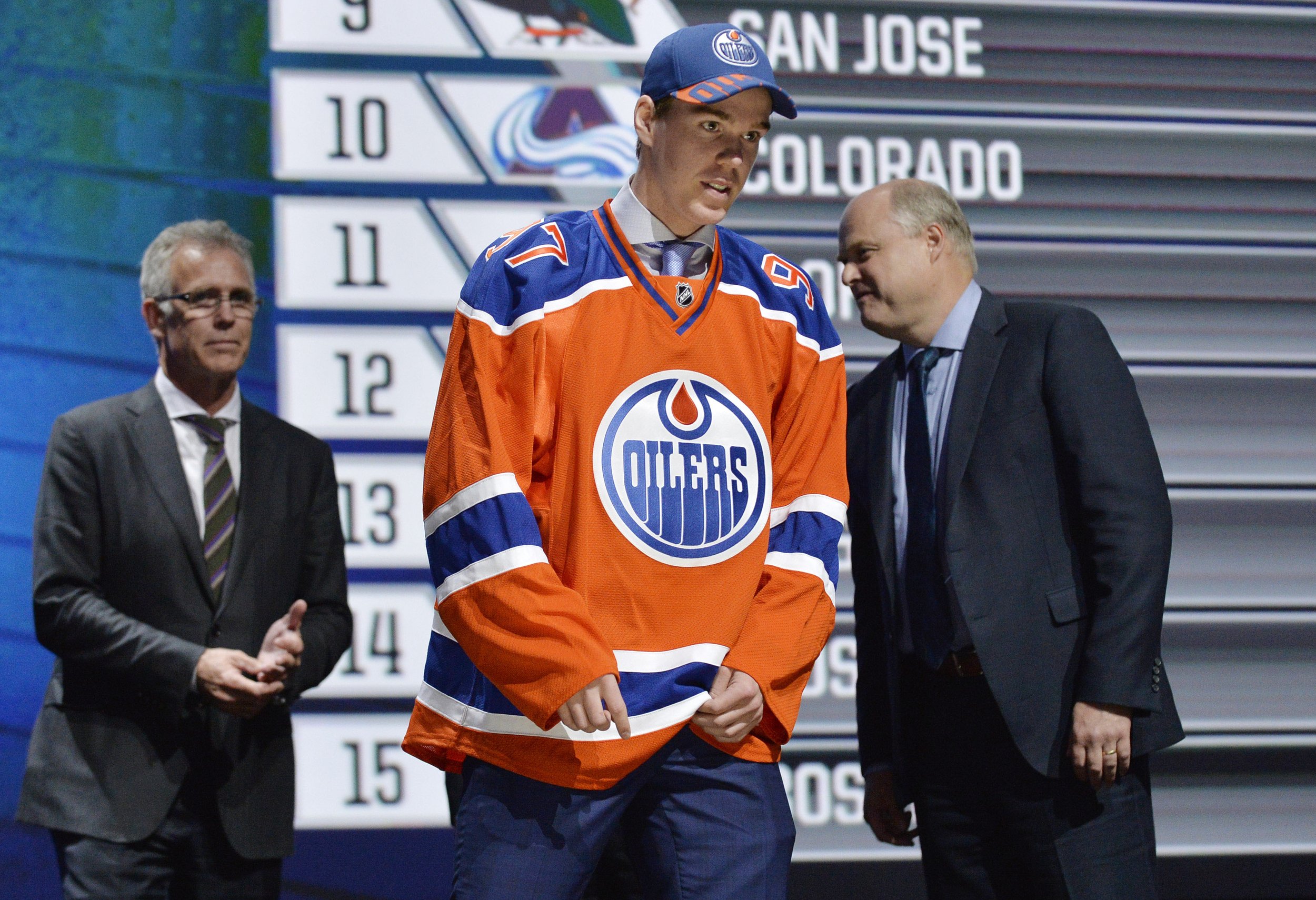Destroying The Development System: Expect Turbulence
News Item: Child golf phenom Xavier Perez has scored a major NIL deal before even becoming a teenager. The 12-year-old, who has won more than 250 tournaments since he began playing golf competitively nine years ago, landed a name, image and likeness deal with Cobra Puma.
NIL, to the uninitiated, means Name Image Likeness. And it’s about to blow up the development models for a number of sports— including hockey. The right of athletes to profit from NIL is the result of decades of legal challenges by “student” athletes in the U.S. who saw coaches, programs and networks get phenomenally rich while they received only a scholarship in return (only one percent of all collegiate student-athletes receive a full ride.)
If an athlete was seen to be receiving even a meal or a job from an outside party they lost their “amateur” status and were ineligible for play in the U.S. college system that supplies talent to the NFL, NBA, NHL and MLB. Ditto if they used an agent. For decades the system prevailed. Until the explosion in the digital world of video games, when greedy colleges reaped a fortune using the NIL of athletes— never thinking they’d need to compensate them.
The result was O’Bannon v NCAA, a challenge to U.S. antitrust law in which former UCLA star Ed O’Bannon and a number of other former NCAA athletes won the right in 2014 to be compensated for their NIL in the EA Sports series. That produced years of negotiations in which the NCAA tried to create a system that would preserve college athletics while staying within the terms of the decision.
On July 1, 2021, the NCAA announced it had agreed to rules that “removed restrictions on college athletes from entering paid endorsements and other sponsorship deals, and from using agents to manage their publicity”. The only caveat is that athletes can’t use the symbols, uniforms or logos of the school in their advertising. And universities can’t pay athletes directly.
What they created is a wide-open system that 12-year-old Xavier Perez is now exploiting. What does it mean? It means that the top prospects headed to the NFL, NBA, NHL and MLB could now be making millions even as they play FBS bowl games, March Madness, the Frozen Four etc. They will be able to make decisions on what school to attend based on financial remuneration as well as opportunity to play. They’ll also be able to make significant money years before they enter college.
Because the remuneration comes from booster groups, outsider sponsors and equipment companies, schools will not have the ultimate control they’ve exercised for over a century. An athlete who has financial security will not be forced to go pro before he/ she is ready or go to a team they don’t want to play for. (Or he/ she can use the new transfer portals to switch schools as they see fit.)
“I definitely would’ve stayed for a fifth year [if there were NIL laws],” said Cardale Jones, a former star quarterback at Ohio State. “With my draft status, and still having a household name in college football in Columbus, [Ohio,] I’m pretty sure I would’ve made a lot more money than being drafted in the fourth round.”
NIL is not a panacea for all athletes. Even at the top schools opportunities will be limited for low-profile players in the non-glamour positions. There will conceivably be millionaire QBs playing with OL grunts who might have a deal with a sandwich shop. Smaller schools will have trouble competing with the big boys of Div One.
ESPN reported on what Georgia Tech players received for becoming social influencers. “Swanky PJs are part of what Yellow Jackets players received in exchange for agreeing to promote TiVo on social media this month. They also got a prepaid debit card worth $404 (Atlanta's area code is 404) and the company's 4k streaming device… the total value is more than $100,000, according to TiVo, who said 90 of the team's players have signed a contract for the endorsement.”
The system is only now being implemented; dramatic changes will doubtless appear. Already there is tension among the coaches who must now deal with the new rules. Alabama’s football legend Nick Sabin and Texas A&M’s Jimbo Fisher recently got into a heated public bitch slapping over the ethics and inducements of recruiting. “That creates a situation where you can basically buy players,” said Saban, who makes about $10 million a year. “You can do it in recruiting. I mean, if that’s what we want college football to be, I don’t know.”
Prize recruit Bryce Young, who had yet to start a game for Saban at Alabama, had NIL deals closing in on $1 million. Clearly, football and basketball will need to streamline their development system. If colleges are now a pay-for-play system, how does that affect their status as institutions of learning? What happens if excesses in NIL force government into stripping colleges of the development role and giving it to pro leagues?
There has been zero information on how NIL affects the development system of NHL prospects? At the moment a majority of them go to Canada’s low-paying CHL teams which play far more games a season than does the NCAA. One game in CHL disqualified a prospect from playing in the NCAA’s formerly simon-pure amateur system.
But now a Connor McDavid can sign an NIL contract at 14 years old, play in the NCAA and— rich already— still be drafted No. 1 overall. Yes, college hockey has a lower profile and fewer opportunities for endorsements. Some will want the CHL’s experience. But a McDavid-type player would be a prize catch for an equipment company or a video game manufacturer. Or even as an influencer. All things currently not allowed in the CHL.
Says one hockey insider, “The CHL model should be disrupted. Archaic and abusive..” NIL won’t kill the CHL but it could strip away a significant portion of its stars who choose guaranteed money over long bus rides and billeting with other players. It’s early days, of course, but be prepared for an NHL No. 1 draft pick being a millionaire before his name is even called in the draft.
Bruce Dowbiggin @dowbboy is the editor of Not The Public Broadcaster (http://www.notthepublicbroadcaster.com). The best-selling author was nominated for the BBN Business Book award of 2020 for Personal Account with Tony Comper. A two-time winner of the Gemini Award as Canada's top television sports broadcaster, he’s also a regular contributor to Sirius XM Canada Talks Ch. 167. His new book with his son Evan Inexact Science: The Six Most Compelling Draft Years In NHL History is now available on http://brucedowbigginbooks.ca/book-personalaccount.aspx



